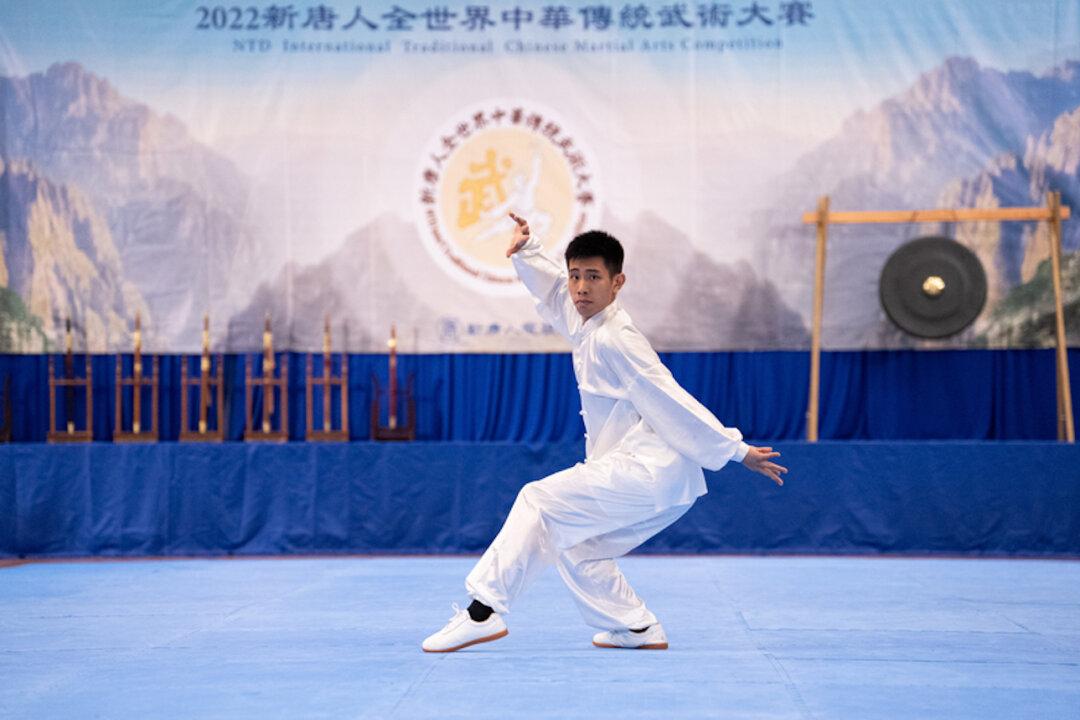Sword, spear, and staff. Contestants showed their Kung Fu skills using various weapons and methods in a martial arts competition in upstate New York over the weekend.
More than 70 contestants, from as far as Taiwan, joined NTD’s 7th International Traditional Chinese Martial Arts Competition, which was held in Middletown, New York, from Aug. 25 to Aug. 28.





